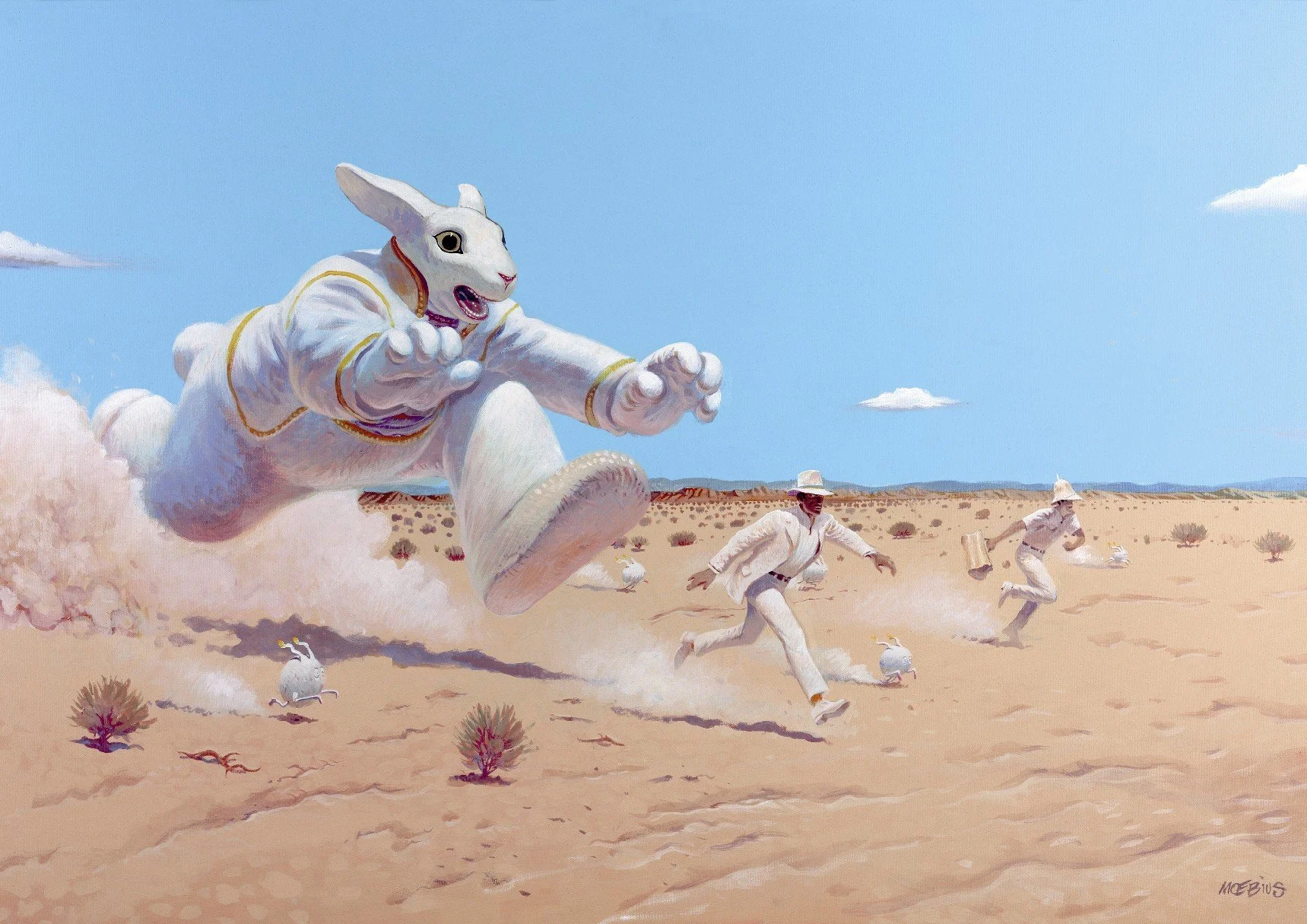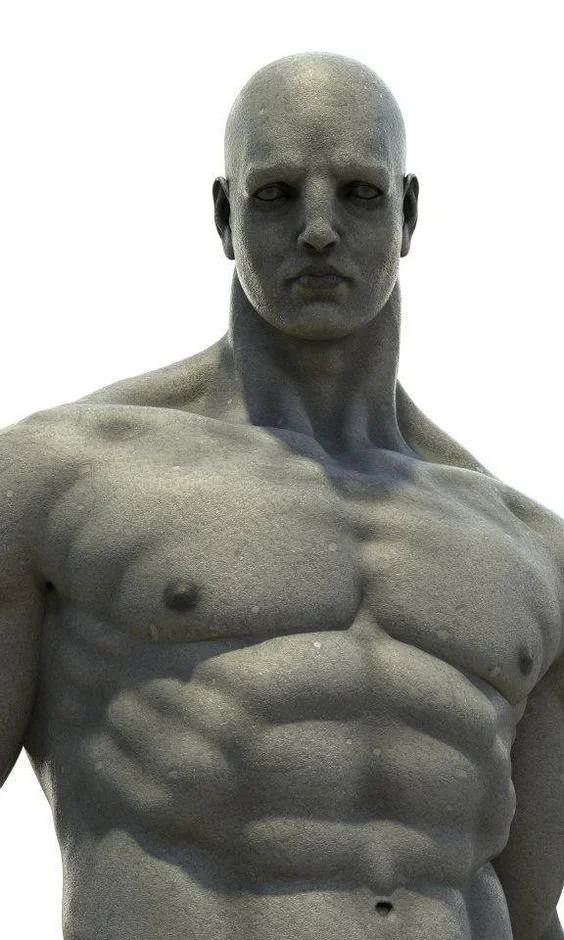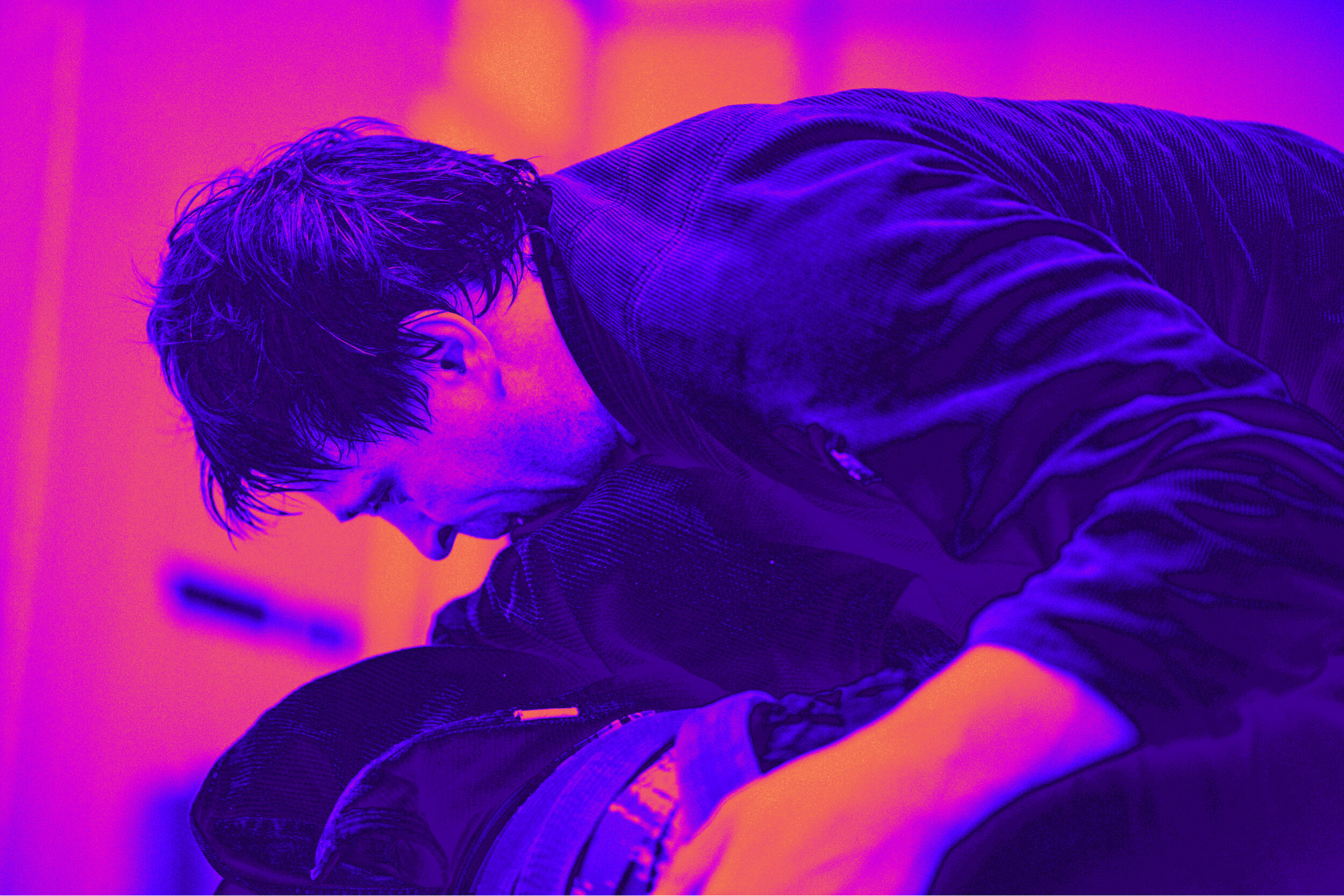The popular freestyle rapper Harry Mac shared that he’s been obsessively rapping for whole days, non-stop, for quite some time. But even he gets nervous when he approaches strangers with, "Want me to freestyle something for you on the spot?"
Students of the champion coach John Danaher say that in his free time, John is always studying fight videos. For example, black-and-white footage of 20th-century judo, sambo, or sumo.
Fixating on a single thing quickly pushes you up the learning curve.
For patterns to emerge from the chaotic stream of facts, you need thousands of hours of focused attention. Once he understands the cause-and-effect pattern, a master can easily predict what happens next.
To become #1 in X, you need volume, volume, and more volume.
I, too, fondly remember those intense periods when I would dive deep into advertising, management, investments, TOC, TRIZ, philosophy, psychology, jiu-jitsu, motorsports, and much more.
It might seem like I’m contradicting myself—advocating for focusing on one thing while moving from field to field, ad infinitum.
The truth is, I’m interested in the meta-pattern, the overarching principle, the thread of threads.
"Μετά" means "beyond," "more complete," and "transcendent."
That’s why I dived into each field with full focus, but not forever. I aimed to grasp 90% of its essence with 10% effort. Pushing knowledge to 100% doesn’t excite me, as that would take another 90% of my energy and time.
Now, I can see the common pattern in the most unexpected places. When does this become valuable?
At the intersection of different approaches, disciplines, and worldviews.
When life presents someone with an impossible choice.
When the unexpected catches you off guard.
When the future is frighteningly uncertain.
When a business hits a glass ceiling.
When it’s time to find your own path.
When it’s time to reinvent yourself.
Since my expertise is for special situations, I tell my clients:
"Reach out to me only when you can't help but do so."
Sincerely yours,
-Alexander
About me:
As a business therapist, I help tech founders quickly solve dilemmas at the intersection of business and personality, and boost company value as a result.
How can I help you?
If you've long been trying to understand what is limiting you and/or your business and how to finally give important changes a push, then The Catalyst Session is designed specifically for you. Book it here.





















